There’s a quote from Rumi that I encounter often:
Your task is not to seek for love, but merely to seek and find all the barriers within yourself that you have built against it.
I could feel myself resisting this quote the first few times I read it. I got irritated by the suggestion that, if one doesn’t have or feel love, it’s somehow the result of a lack of openness or willingness.
With time, I’ve come to appreciate the words and their meaning in a new way. I’ve been thinking about them a lot this week, actually.
I leaned heavily on my friends in the last two months. I was overwhelmed, in a wonderful way, by the support and care that they showed me. Each check-in, each little delivery of treats, each thoughtful gesture made me aware of how loved I am. It was a new, sweet experience to really feel this, to take it in without doubt or disbelief.
Like many people with depression, I struggle to believe that I’m loved when the I’m in a dark place, which I have been often in the past few years. This is how depression works: it tells you a story about how you’re too wrong, too bad, too damaged to experience love or belonging.
I don’t think that there’s a way to turn this narrative off when it presents itself. That’s the thing about depression: once it hits, it’s so hard to see things any other way. As Matt Haig writes in Reasons to Stay Alive,
If you have a bad back you can say, ‘my back is killing me,’ and there will be a kind of separation between the pain and the self. The pain is something other. It attacks and annoys and even eats away at the self but it is still not the self.
But with depression and anxiety the pain isn’t something you think about because it is thought. You are not your back but you are your thoughts.
We aren’t our thoughts, but it sure does feel as though we are most of the time. And when depression warps those thoughts, it’s so hard to question the twisted story that your mind presents you with.
What you can do is pull up a memory of a time when you aren’t depressed. You can think back to a moment when you saw things with more clarity, when your perception wasn’t been clouded by pain or numbness or whatever it is you feel when you’re depressed.
This is, in my experience, the single best tool for managing depression: retain a strong bank of non-depressed memories. Allow them to guide you and orient you when you’re starting to sink into darkness. Remember how you felt and how you understood things to be when you were well. Tell yourself that such perspective is going to return, maybe a lot sooner than you think it will.
I’m now tucking into my memory bank the memory of how I felt this week, surrounded by the support and goodwill of loved ones. I’m bottling the sensation of warmth and belonging, the realization that I have all of the love that I need.
Too often in my thirties, I’ve thought to myself that I’d feel less isolated and less alone if I had a partner or a family of my own. I respect the longing beneath that sentiment, but I’m now able to question the conditional. I feel isolated and alone when I’m depressed, because that’s how depression works. It works that way whether you happened to be partnered or have a family or not.
When I’m not depressed, which I haven’t been this year in spite of the difficulties of the pandemic, I see clearly how loved and held I am. I recognize the big, beautiful family that I have. A family that includes dear friends as well as this special community and the many extraordinary people I’ve met through it.
And so the truth of the Rumi quote reverberates in a new way. I have the love I yearn for. It was always with me. I didn’t choose or create some of the barriers that get in the way of my realizing it, but I do have the ability to work around them. How lucky I am to be more and more aware of this ability, this strength.
Happy Sunday, friends. Here are some recipes and reads.
Recipes
Beautifully vibrant and colorful vegan veggie tacos from Katie.
Speaking of color, this is an especially colorful chickpea salad.
A lovely skillet of spring veggies and rice from Gina.
On the topic of springtime, I love these artichoke crostini from Cadry.
Finally, I’m in love with this stunning vegan lemon tart!
Reads
2. The lasting trauma of the coronavirus pandemic on first responders.
3. Statnews on the longterm, short-term, and middle term future of the coronavirus.
4. Interesting reporting on the human tendency to prefer additive solutions, in which we add something to an existing situation rather than taking elements away.
I see this a lot in my nutrition practice: many patients have an easier time adding new foods to their routines than taking customary foods out. I always encourage this: it’s a positive, manageable approach that’s aligned with my all-foods-fit philosophy.
5. Anticipating a good time is half the fun, Coco Khan writes. Since my first dose of the vaccine last weekend, I’ve been hanging onto a lot of sweet anticipation.
I hope you feel really loved in the week ahead. Night, everyone.
xo
You might also like
Ever have one of those moments in which you seem to be pretty solid, and then you come crashing suddenly into all of your old nonsense? That’s exactly what happened to me yesterday. Since I sent out my end-of-November newsletter, I’ve been thinking very intentionally about the time that remains in the rest of 2022 and how I’d like to show up for it. I’ve been working steadily, but not excessively, and staying connected without getting socially exhausted. I’m working on getting my…
“When you don’t know what to do or how to move forward, stand still.” This is a piece of advice that my mother gave me during my post-bacc years. That time in my life was marked by a lot of indecision and agonized choices–most often, the choice of whether or not to keep going with my program for another semester or not. I’d receive yet another poor score or a discouraging comment or simply be hit with a spell of burnout, and I’d doubt what…
This week felt like a blur. I was trying to get to the end of a work project that had been weighing me down for weeks. On top of that, I was dealing with the holiday season and end-of-year commotion that consumes so many of us in December. At one point toward the end of the week, after a day of agitation that included subway delays, slow-moving crowds, and being late for everything thanks to my own silly overcommitting, I got to thinking…
Happy weekend, everyone. I hope you’re enjoying a little springtime weather and some rest! Lots of interesting reads in this week’s roundup of recipes and articles, as well as some great springtime meal ideas. On Thursday I mentioned how much I appreciate super speedy meals these days. Margaret’s awesome tofu scramble tostadas fit the bill. Her tofu scramble recipe is a snap to make, and you could easily use canned refried vegan black beans in place of the hummus if you’re short on time….


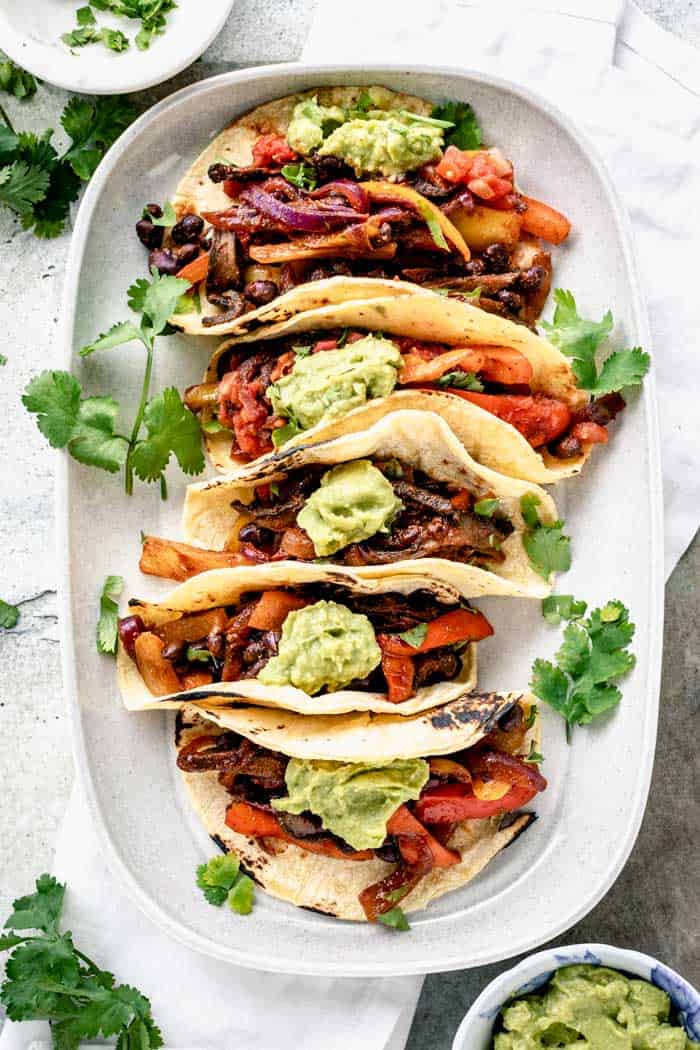
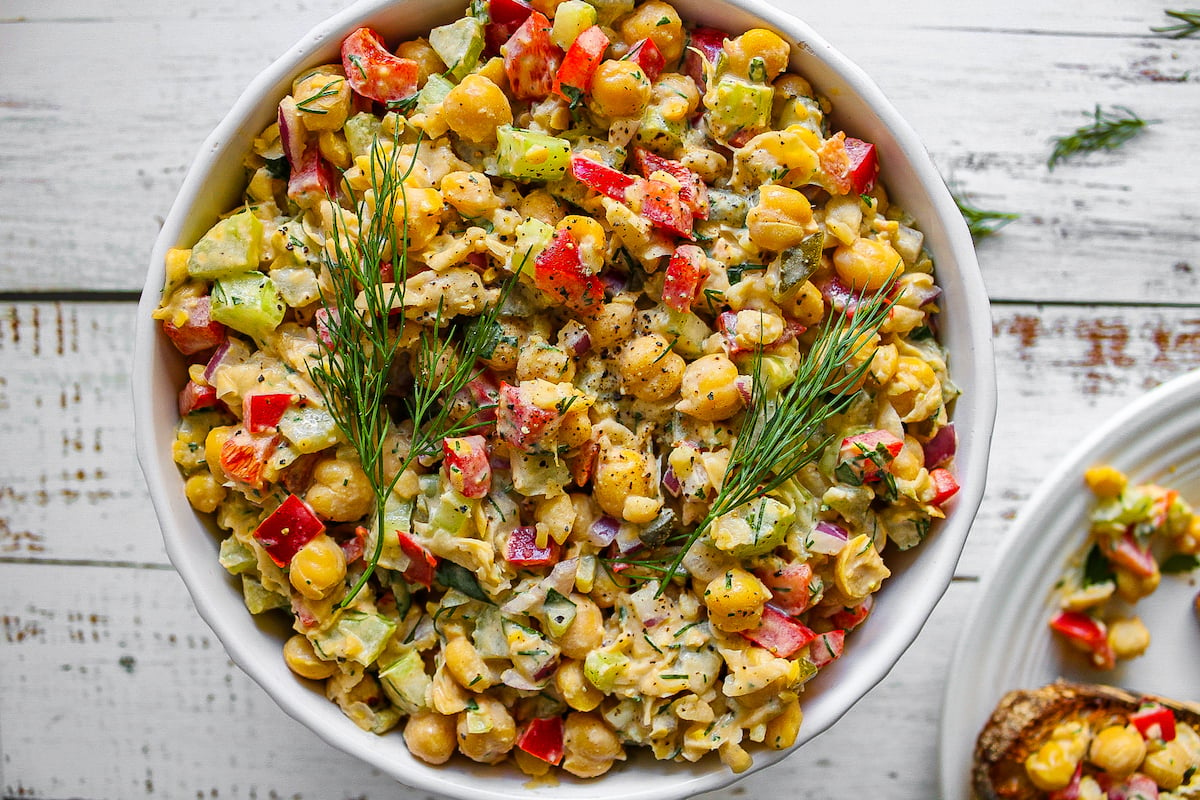
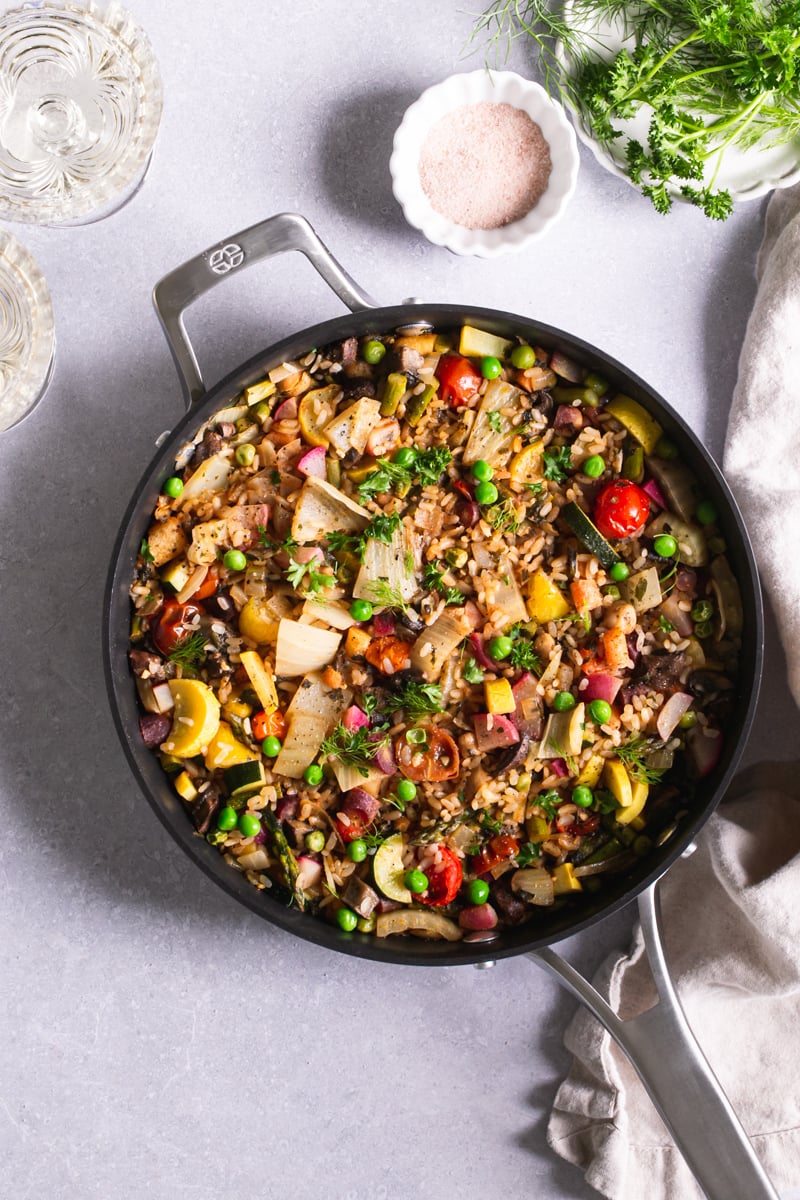
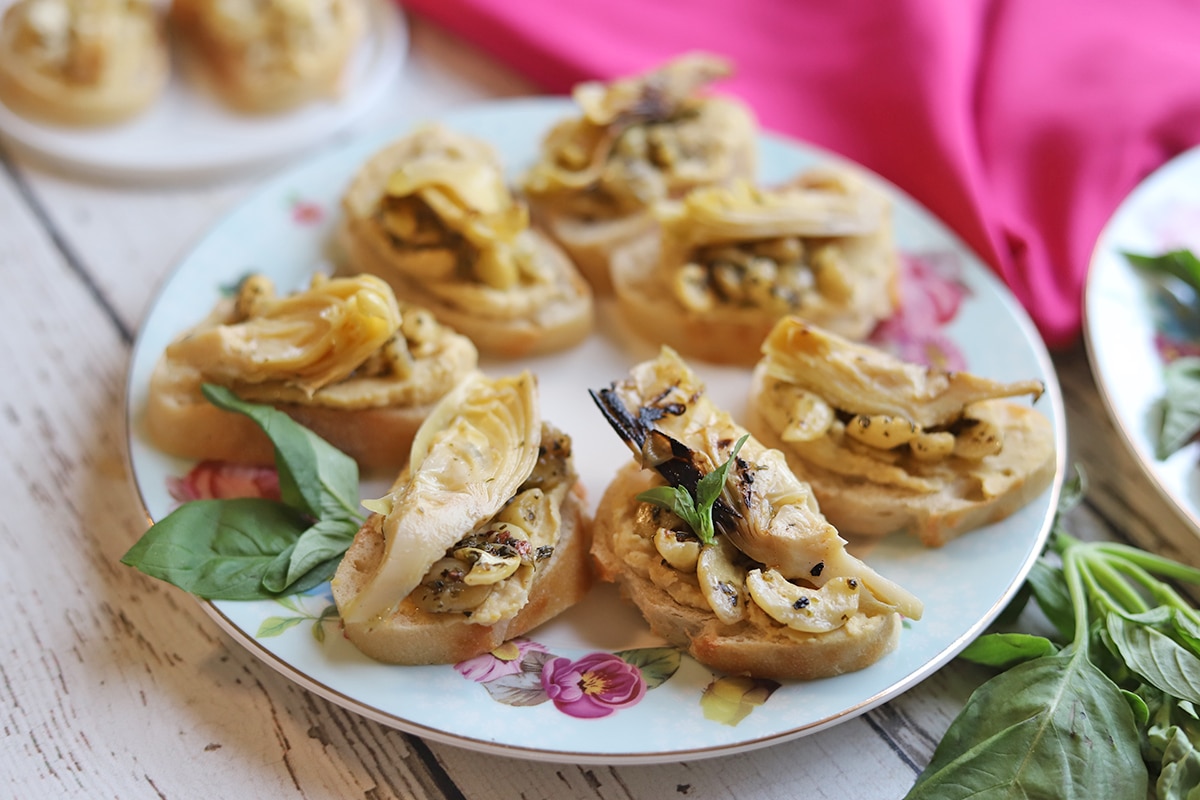
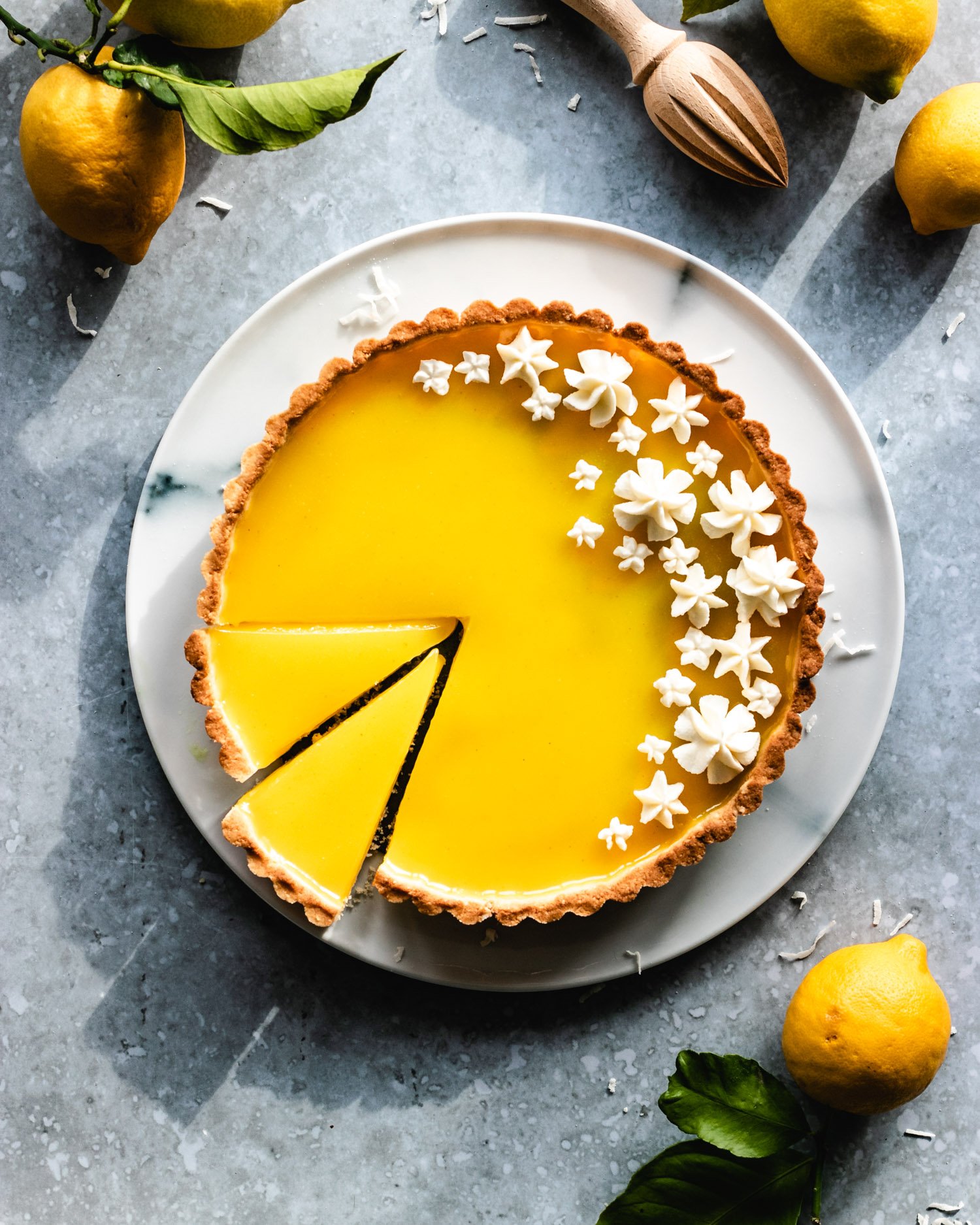
Leave a Comment